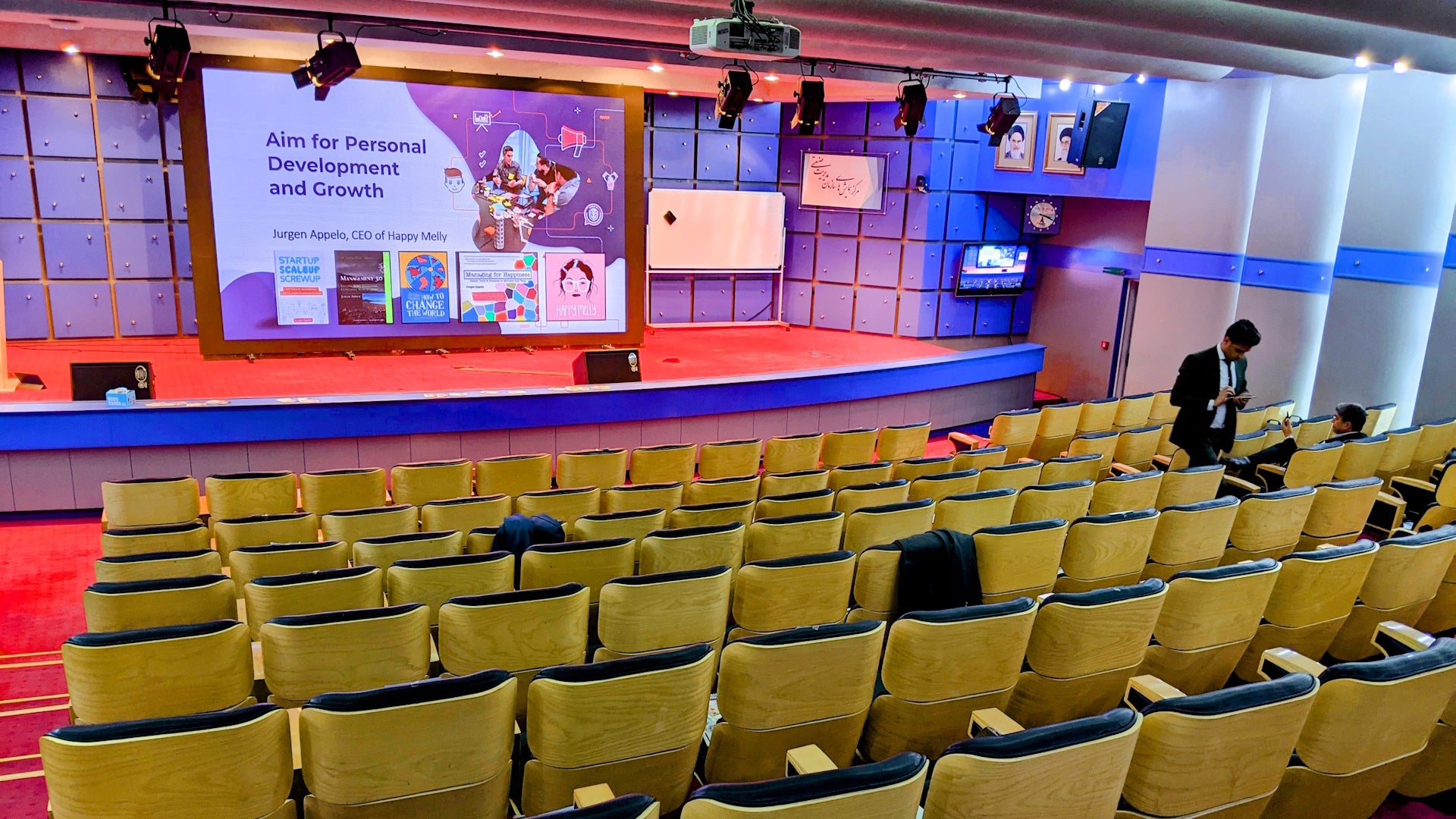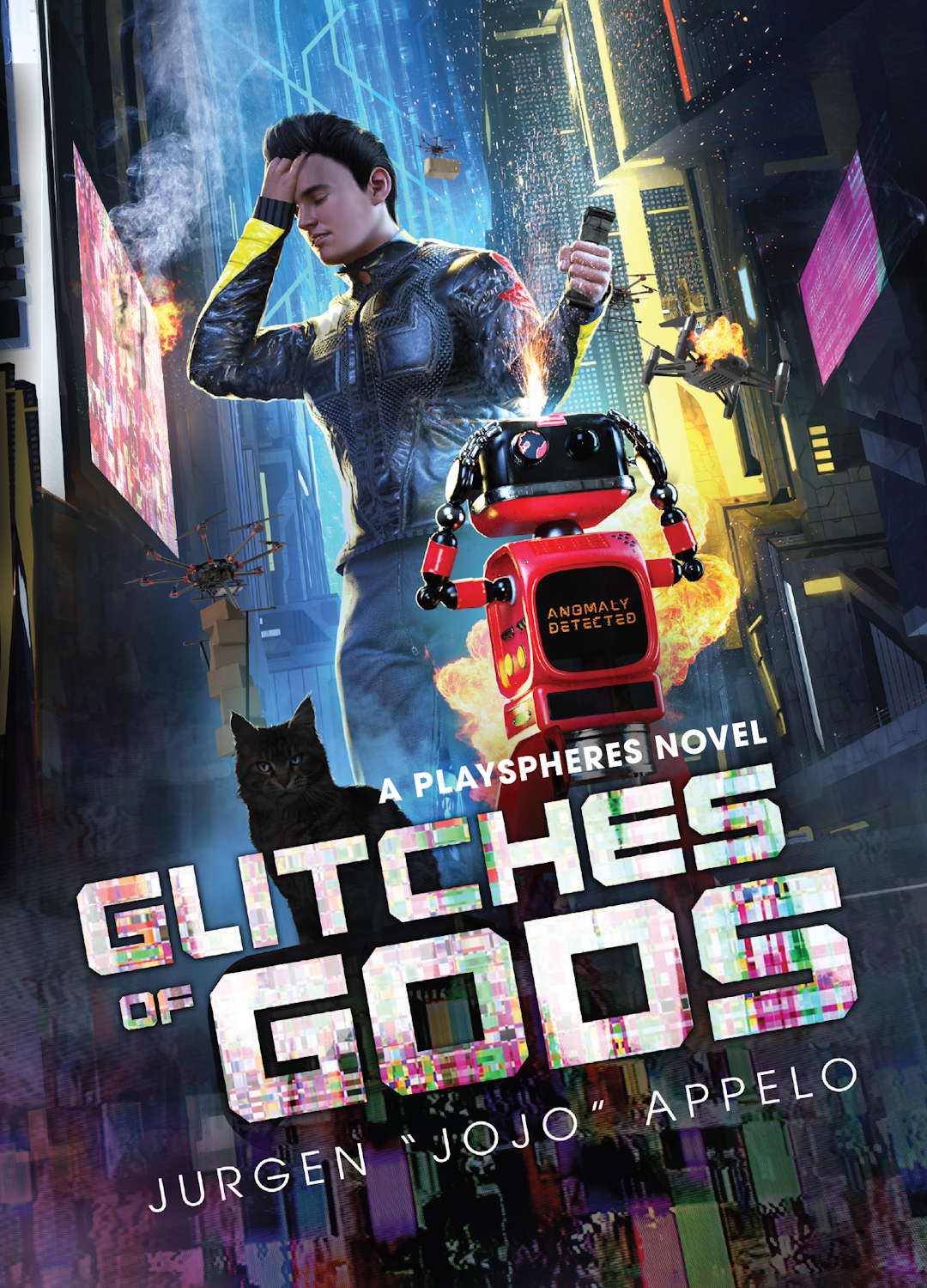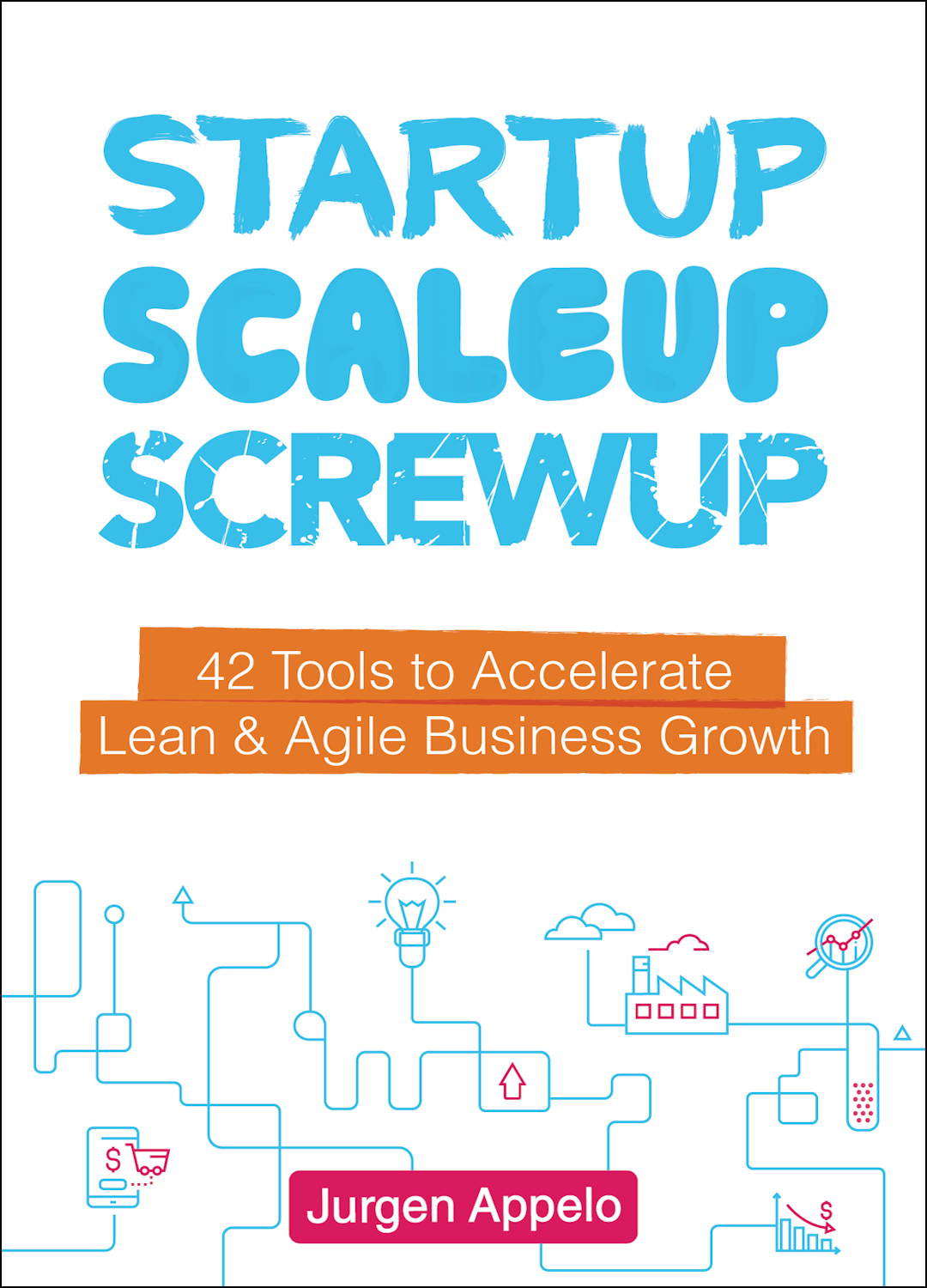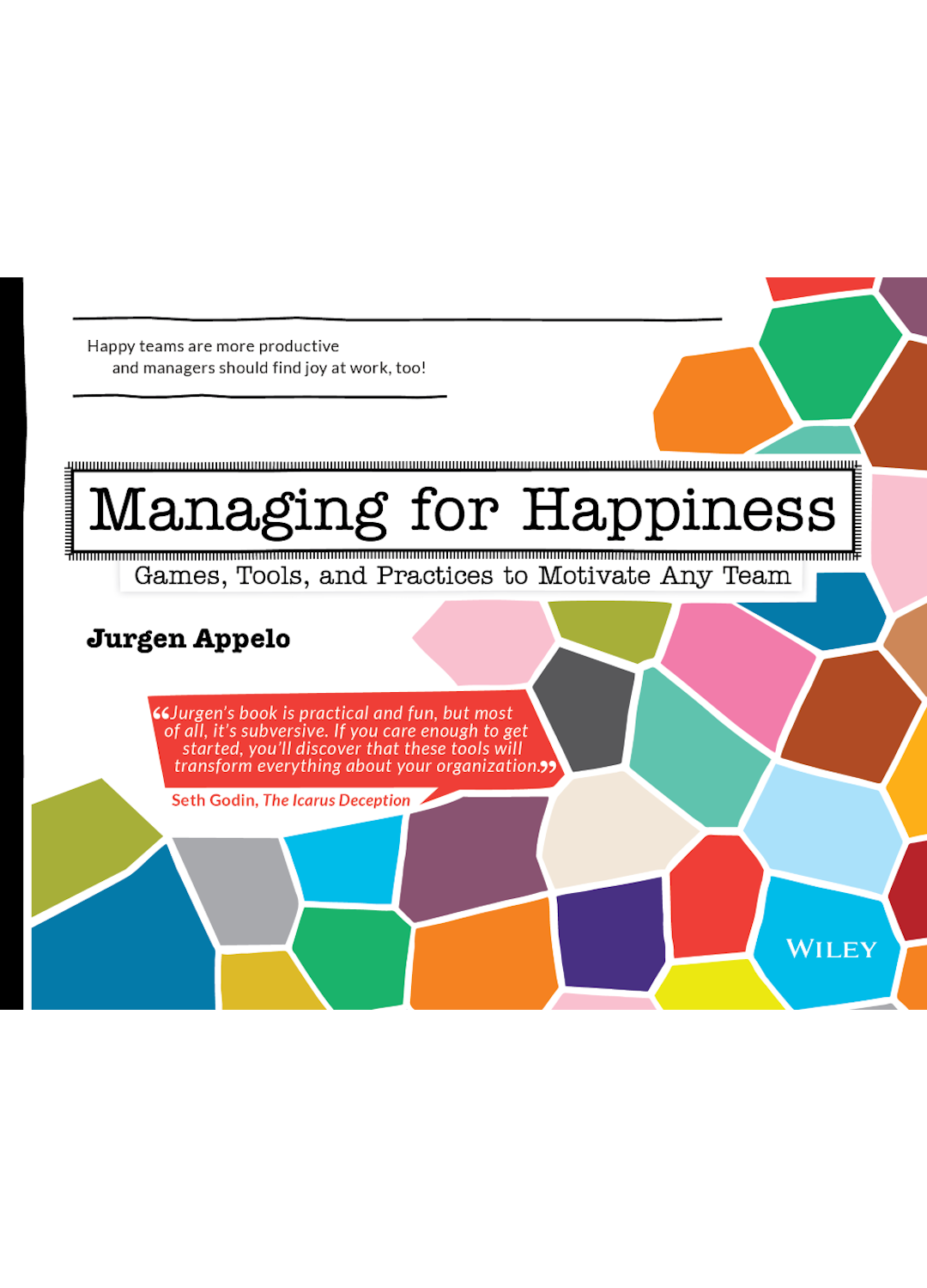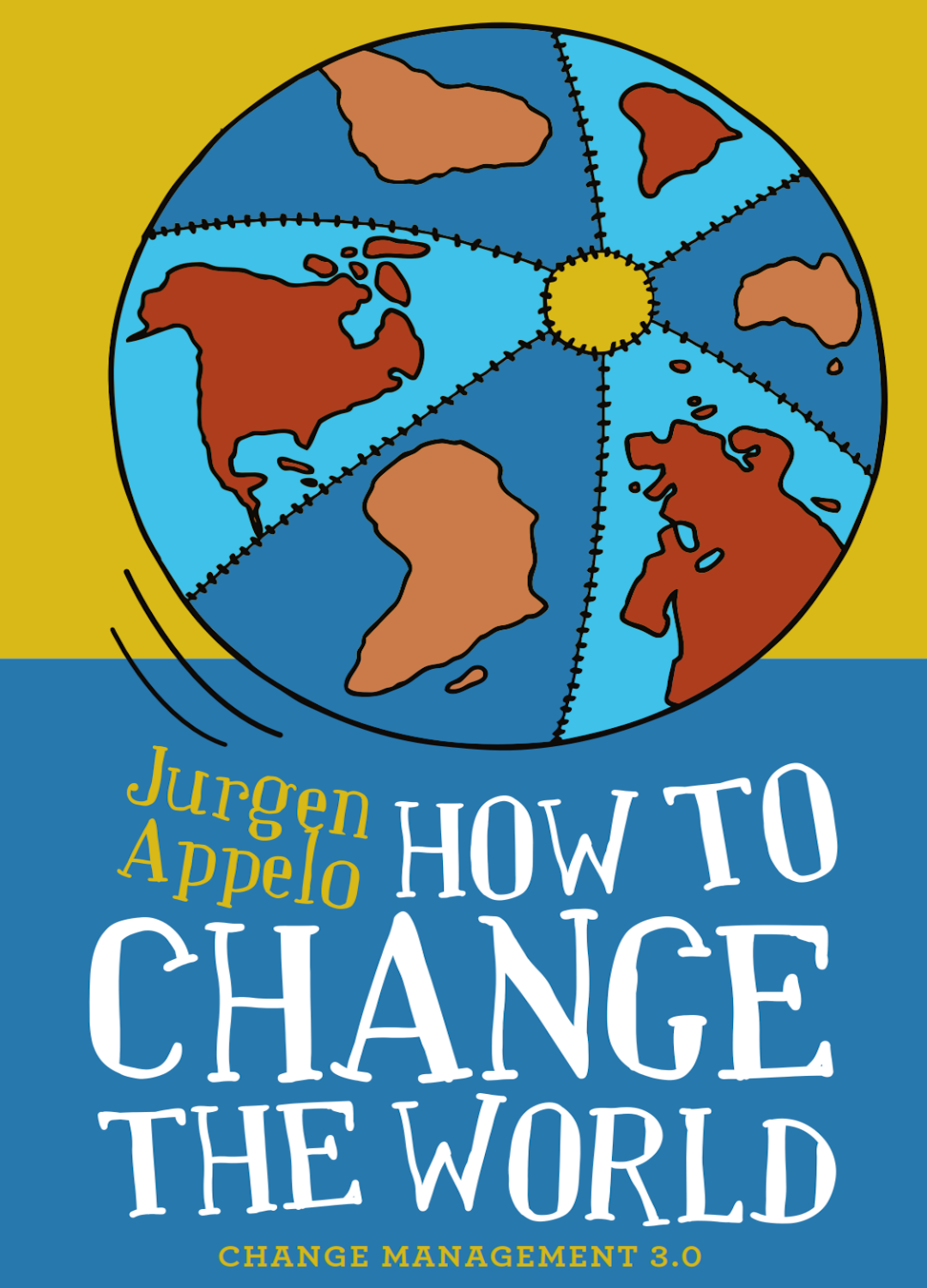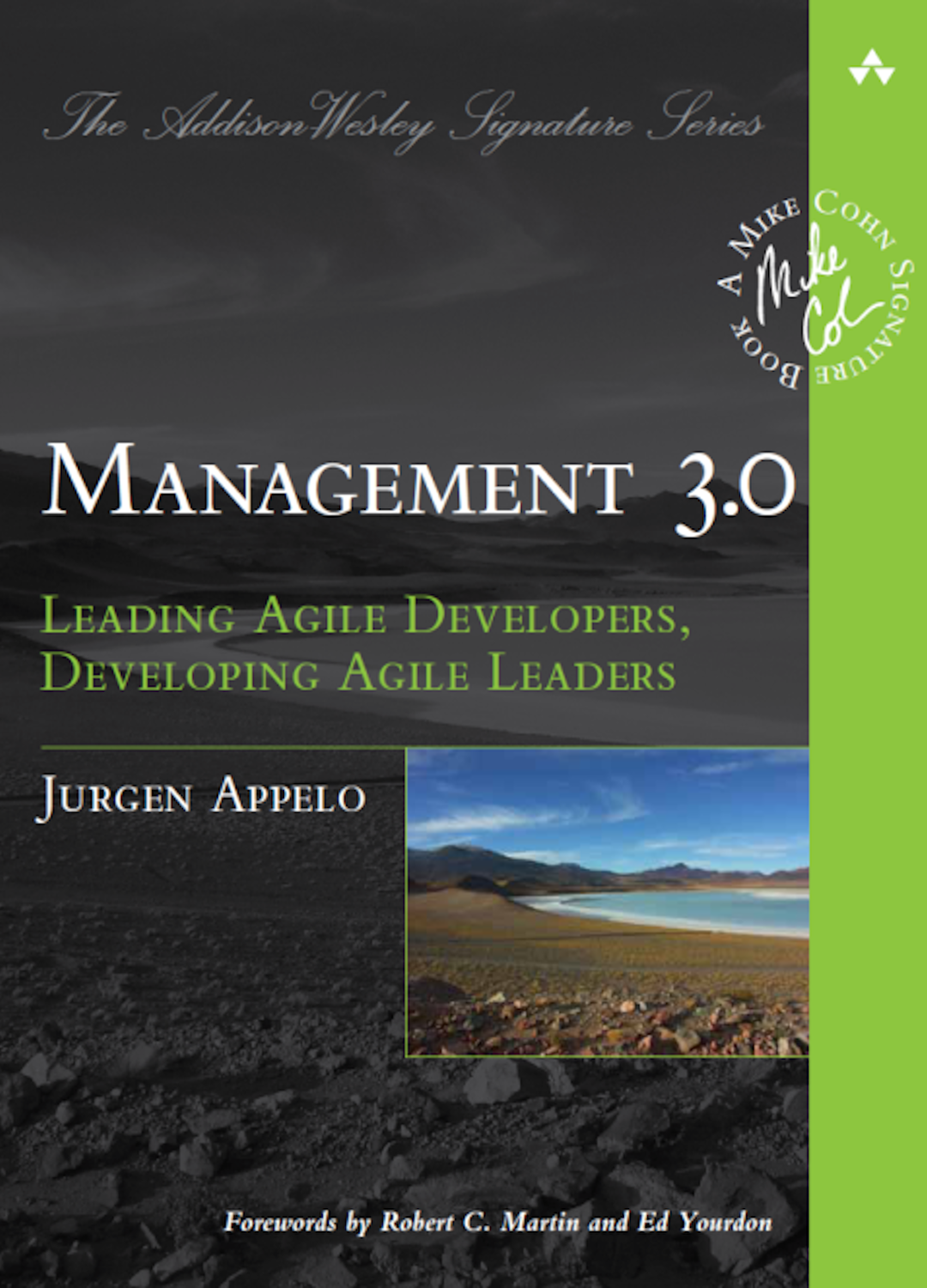In the age of AI, what happens with our skills is a personal choice. Cognitive decline is only one option. Don't be lazy.
A recent MIT study made waves because it suggested a cognitive decline when students delegated too much of their thinking to AI. Are our cognitive skills doomed? Is AI making us lazy?
Welcome to my explorations at the intersection of AI leadership, algorithmic management, and the future of work. In this age of AI, I focus on how networked and decentralized organizations can thrive with agentic AI, gig work models, and new approaches to AI management. If you're curious about the evolution of networked organization structures and the role of gig workers in tomorrow’s economy, you’re in the right place. Subscribe to my Substack now.
In the study charmingly titled "Your Brain on ChatGPT," researchers found students outsourcing essays had limp brain wiring, fuzzy memories, and barely any sense of ownership over their work compared to those who wrote without AI assistance. Numerous writers followed suit, with essay after essay decrying the impact of AI on education in particular and society at large.
But how big is the laziness problem, really? When researchers and essayists only discuss what is lost in one place and don't evaluate what is gained elsewhere, who is being lazy?
Respond and Adapt
I once owned a cranky second-hand typewriter that demanded constant attention—dusting, cleaning, ribbon changes, and the delicate art of not typing too fast lest the little hammers jam together like drunken acrobats. For years, I nursed that mechanical beast through hundreds of pages of letters, stories, and my own personal pop charts.
That typewriter is long gone, replaced by tablets and computers that have their own maintenance rituals: updates, bug fixes, screen cleanings, and cover replacements. Less cognitive overhead, sure, but I'm still dreaming of the day my AI assistant can handle all the mundane busywork while I focus on the good stuff—idea generation, content creation, and insight dissemination.
But why stop there? I've already traded paper dictionaries for spell-checkers and thesauruses. Physical notebooks gave way to digital ones, then to chatbots. And those slow, methodical reflection techniques that traditional writers use—outlining, reading aloud, printing and correcting—got steamrolled by rapid-fire conversations with ChatGPT, Claude, and Gemini. These AI companions are available 24/7 and, frankly, give me much better feedback than I could ever give myself.
Now we're entering the next phase: prompting the tools to do the thinking for us. Depending on what I'm writing, I can get ChatGPT to research, structure, draft, review, revise, and even complete entire pieces for me. I could theoretically let AI handle almost everything while I preserve my mental energy for problem-solving, strategic thinking, and relationship-building. Or I could just stare out the window of my local coffee bar like a 21st century Douglas Adams.
The MIT study mentioned earlier focused on students, but this delegation dance is happening everywhere—graphic artists, software engineers, legal consultants, college professors. We're all handing off cognitive tasks to machines at an unprecedented pace.
So when we delegate our thinking to the machines, are we facing cognitive decline? Are the machines making us lazy?
Are we facing cognitive decline? Are the machines making us lazy?
That depends. Toward which of these four archetypes are our behaviors pulling us?
The Outsourcer (Cognitive Loss)
When we use tools to replace bottom-of-the-stack skills, we inevitably lose some abilities—what researchers call deskilling. For example, I've forgotten how typewriters work, and honestly, I don't care. I also wouldn't mourn losing the skill of updating device software. I've also never cared much about punctuation or the proper spelling and grammar of English words (an utterly illogical mess anyway). I'm happy to let machines adapt my writing to prevailing linguistic conventions.

But what do I do with the extra time and brainpower I save by outsourcing my work? I have novels to read, TV shows to watch, music playlists to explore. Oh, and that PlayStation 5 in the next room is practically gathering dust, loaded with games I've never been able to finish!
Indeed, I wouldn't be alone in using the time freed by automation for entertainment and consumption only. However, while I try not to judge how other people spend their time, survival in the future of work demands a growth mindset primed for curiosity and continuous learning. The time saved at the bottom of the stack could fuel activities at the top. If we choose to be merely an outsourcer of tasks, we're heading toward cognitive loss—and, indeed, laziness.
If we choose to be an outsourcer of tasks, we're heading toward cognitive loss—and laziness.
The Explorer (Cognitive Shift)
Alternatively, we can use our newfound mental bandwidth to move up the stack: thinking more strategically at higher levels of abstraction, what some of us call upskilling. We'd spend more time strategizing, philosophizing, debating politics and ethics, discussing what's dumb and what's wise within our sphere of influence. While complicated but solvable problems get delegated to machines, humans get to tackle the complex and wicked problems of the future.

Instead of drowning ourselves in consumption, we can use our time and brainpower to seek new ideas, talk with more people, experiment across unrelated contexts, and boost our innovative capabilities. Explorers with diverse expertise across multiple domains are more creative and innovative because they develop a knack for knowledge transfer—applying patterns in new domains where those ideas remain uncommon.
When we lose skills at the bottom of the stack, we have time to gain new skills at the top. What researchers might measure as cognitive decline is actually a cognitive shift when explorers move their limited brain capacity up the stack: same brainpower, higher-level problems.
When we lose skills at the bottom of the stack, we have time to gain new skills at the top.
The Artisan (Cognitive Grip)
We can also refuse the automation game entirely and stick to traditional tools and techniques. For example, some authors still prefer typewriters or even handwriting. Some painters swear by mixing their own pigments instead of buying standard tubes. Some software engineers take pride in writing their own code instead of checking whatever Lovable, Replit, or Cursor generates for them.

To them I say, "Good for you." You're taking a stand against excessive automation and you appreciate true craftsmanship. In a world dominated by machines and AI-generated slop, there's a growing market for authentic artistry and genuine artisanal work. Across many domains, including pottery, fashion, and carpentry, customers willingly pay premium prices for what's truly handmade by talented artisans. Kudos to them for digging in their heels and honoring their calling.
But there's a problem: every minute spent maintaining your typewriter is a minute not spent on relationship building. Each brain cell dedicated to mixing pigments is unlikely to be used for problem-solving. Each product created through traditional craftsmanship prevents attention to more complex world problems. Your human brain has a cognitive limit. When you hone skills at the bottom of the stack, you're less likely to develop new ones at the top.
When you hone skills at the bottom of the stack, you're less likely to develop new ones at the top.
The Juggler (Cognitive Stretch)
Finally, there's a fourth option: stretch ourselves as thin as our brains allow. We do the minimum at the lowest abstraction level to avoid losing our skills, leaving some time for higher-level thinking. The software engineer still writes some code, but not everything. The painter still mixes pigments occasionally, but only for a few exclusive pieces. The writer still uses her typewriter for nostalgic reasons while producing most of her texts on modern devices.

By maintaining lower-level skills while developing new ones at the top, we become more all-rounded—the ever-elusive "full-stack" worker. The benefit of context-switching between stack levels is retaining the ability to verify and validate what machines do, intervening when we can do better. Only by practicing my writing skills can I detect flaws in machine-generated output. I can sometimes override machines' spelling and grammar choices and—because some people seem to care—remove an excess of em-dashes.
But we're clearly talking about compromise. The cognitive load on the human brain can only stretch so far. Spending time on higher-level activities like problem-solving, strategic thinking, and relationship-building inevitably means something's got to give. Most likely, that something is either a PlayStation game, a Netflix show, or some previously valuable artisanal talent.
The cognitive load on the human brain can only stretch so far.
Cognitive Loss, Shift, Grip, or Stretch?
So what's the wise move? Should we hold on to our expertise or let it all go?
In the 1600s, Rembrandt used traditional pigments like lead white, ochres, vermilion, and azurite, sometimes importing rare materials and experimenting with additives like lead-tin yellow and chalk to achieve specific effects and textures. Today, few creatives mourn Rembrandt’s pigment recipes because most of them buy their painting materials in shops—faster, cheaper, more vivid. Some have upskilled to Photoshop entirely. That’s not cognitive decline, that’s evolution.
Is there cognitive loss among writers because they've lost typewriter maintenance skills? Is there a cognitive decline among students when they generate their essays with ChatGPT, as the MIT study and certain essayists seems to indicate?
No.
Most "cognitive decline" arguments are lazy.
It's easy to measure cognitive loss when research focuses only on one traditional task or skill during new tool adoption. But isn't that a bit naïve? The decline at the bottom enables improvement at the top. A focus only on a loss of skills at the bottom of the stack is a half-truth. And we all know what half-truths are. When researchers and essayists only discuss what is lost in one place and not at what is gained elsewhere, who is being lazy?
The interesting question is: what happens with the potential gain at the top?
There's only cognitive loss for those who choose to give up bottom-stack skills without using newly available time to learn top-stack skills—those who choose deskilling rather than upskilling. When you choose to acquire new skills, you're an active explorer, not a passive outsourcer. You will experience a cognitive shift, not a cognitive loss.
Alternatively, we can choose not to give up traditional skills where we believe they still matter to us in the future. We can either double down on those skills as proud artisans—aiming for a cognitive grip on traditional expertise—or try to expand our skills by including both old and new ones—trying a cognitive stretch across lower and higher stack levels.
Don't Be Lazy
Look, don't get me wrong. I much admire researchers and scientists, most of whom are a lot smarter than I am. And yet, I wonder how of them are aware of how much time they save because of offloading skills on technological progress: no more handwritten index cards, filing cabinets, grant applications, physical correspondence, manual budgetting ledgers, manual library indexes, dusty archives, or scientific papers published with typewriters. I'm sure the cognitive loss of all that traditional work is more than made up by the extra time they have to do actual research, such as studying students' writing behaviors.
Only outsourcers (which might include some researchers and essayists) are lazy. Explorers, artisans, and jugglers are not lazy at all. They explicitly respond and adapt to new tools and technologies. Often, their choice is to do a mix of everything.
For some low-level writing skills (like spelling and punctuation), I'm happy to give them up and replace them with higher-level skills (like insight generation and community building). For other writing skills (such as style and formatting), I deliberately aim to preserve them because I don't want to lose my ability to check what machines do when I delegate. In other cases (including plot and structure), I actually try to double down on traditional craftsmanship techniques because I expect my human touch will make a difference in the age of machine-generated slop.
Aim to be a cognitive explorer, artisan, or juggler. Outsource or upskill—it’s your brain, your choice. Just don’t write essays about cognitive decline if you choose lazy.
Jurgen
https://substack.jurgenappelo.com/p/large-corporations-too-big-to-fail
https://substack.jurgenappelo.com/p/you-secretly-love-boring-work



